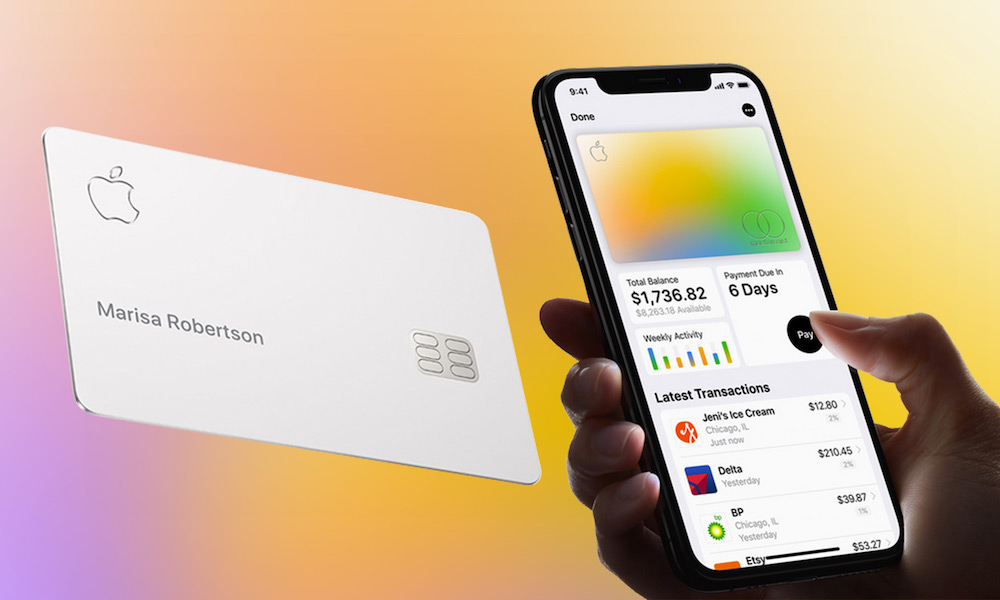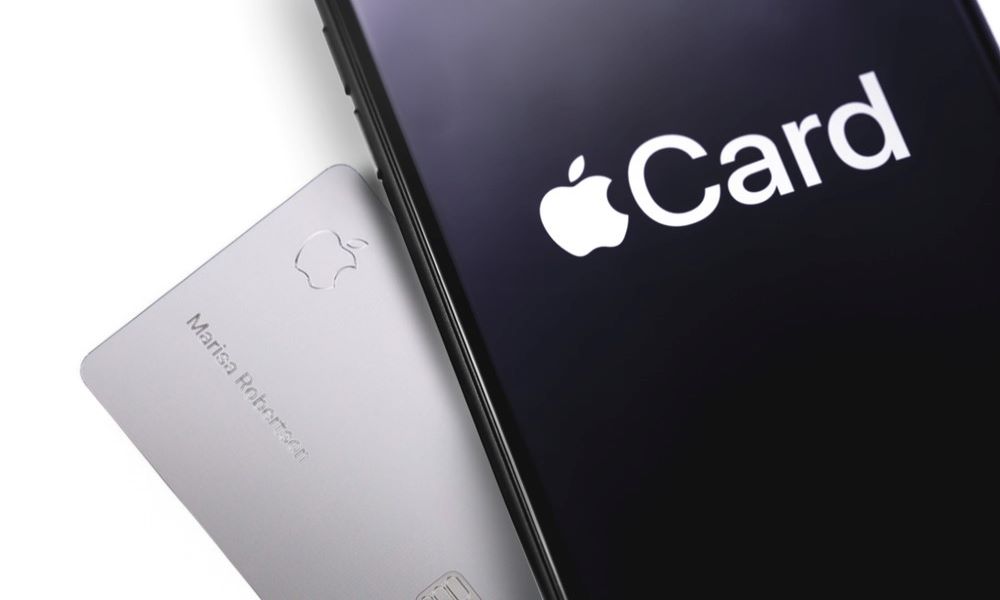Apple and Goldman Sachs Call It Quits
 Credit: Apple
Credit: Apple
Toggle Dark Mode
After months of rumors that things haven’t been working out between Apple and its financial Goldman Sachs, it appears the duo are calling an end to their four-year partnership to back the Apple Card.
It’s been a long ride since 2019 when Goldman Sachs CEO David Solomon called the Apple Card the “most successful credit card launch ever, but it was an unusual partnership from the beginning — one that was high-risk at best, and perhaps in some ways even destined to fail.
Now, it seems that Apple has driven the final nail in the coffin, bringing things to an end with an exit proposal that would see the two firms move toward a final parting of ways in the next 12 to 15 months, according to The Wall Street Journal (Apple News+).
Citing “people briefed on the matter,” the proposal would end the entire consumer partnership from the original 2019 Apple Card arrangement to the Apple Card Savings Account that rolled out earlier this year. It also likely includes Apple Pay Later; while that latter service is underwritten entirely by Apple’s own financing subsidiary, Goldman Sachs provides access to the Mastercard payment network that’s needed to make the virtual card transactions happen.
Sources speaking to the WSJ don’t have any information on whether Apple has lined up a new issuer for the Apple Card, but it seems like the company must have something in the works for it to have proposed the end of its Goldman partnership.
Over the summer, the WSJ revealed that Goldman Sachs was courting American Express in an attempt to matchmake a possible new partner for Apple. However, a later report from The Information threw some cold water on that idea, suggesting that AMEX wouldn’t want to “play second fiddle” and dilute its own brand by letting Apple take the lead.
Still, much of that report appeared speculative, and it never definitively said talks between the companies had stopped. However, it also likely wasn’t the only option Apple was exploring, with some sources indicating that it was also considering partnering with a lesser-known bank to meet the regulatory requirements while directly taking over more of the business side.
As for Goldman Sachs, what once seemed like a way to reach Apple’s customer base of wealthy and tech-savvy young adults hasn’t paid off in the way the company hoped. Instead, it’s hemorrhaged billions of dollars trying to build out a consumer operation from its online-only Marcus bank. The Apple Card alone had reportedly cost the investment bank over $1 billion in the first three years of its launch, and it wasn’t expected to break even until at least 2025.
There was also no shortage of friction between the two companies behind the scenes. As the WSJ notes, Apple annoyed some Goldman executives from the very beginning when it ran ads insisting the card wasn’t from a “bank” and pushing for approvals for applicants that might have otherwise been denied by the more conservative lender.
In an effort to promote the simplicity of the Apple Card, Apple also insisted that all customers get their bills on the first of the month rather than on the rolling basis used by most credit card companies. This has caused undue chaos in Goldman’s customer service department, which gets “inundated” with calls from customers all at once.
Nevertheless, despite Goldman’s efforts to divest itself of much of its lending business, CEO David Solomon continued to praise his company’s partnership with Apple, insisting that it would provide a ”meaningful dividend for the rim over time.” At the same time, Goldman also extended the deal until 2029.
So, even though the writing has been on the wall, it’s a very sharp and swift 180-degree turn. Even though the formal proposal to terminate the arrangement is coming from Apple, it’s almost certainly a mutual decision. Despite Goldman’s public-facing optimism, sources have indicated the bank has been telling Apple for a while that it wants out. Apple may simply be giving Goldman what it wants here — an easy divorce.







